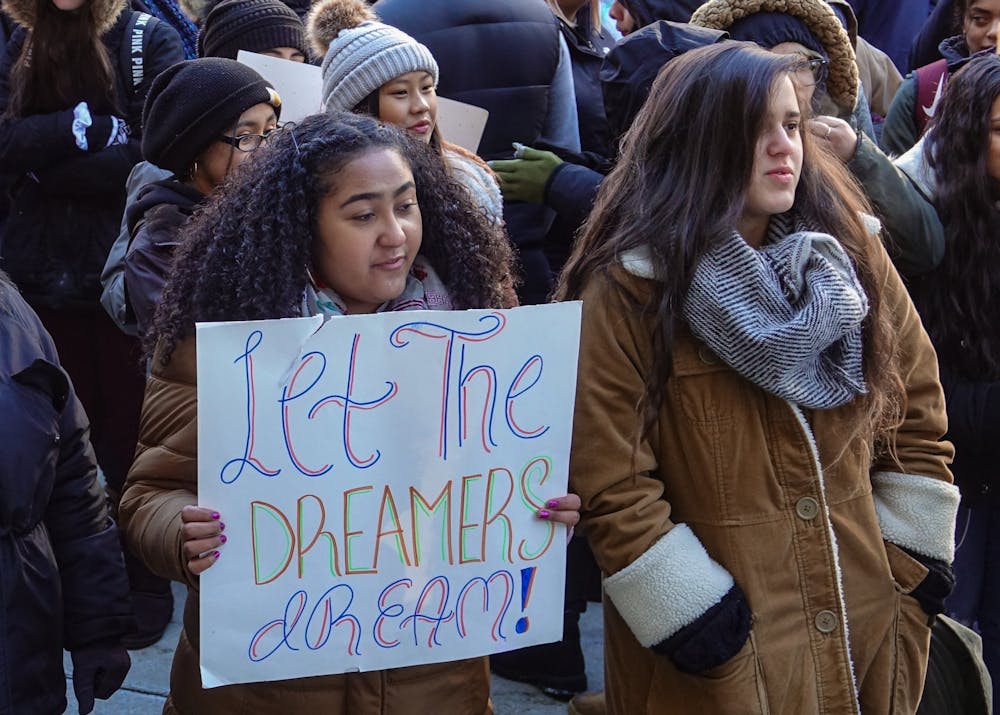By Aliyah Siddiqui
Nation and World Editor
The Deferred Action for Childhood Arrivals (DACA) program has been declared illegal again by a U.S. judge. While the program remains intact for now, the case over DACA may end up in the Supreme Court.
In 2012, the Obama administration created DACA to protect undocumented adults who came to the U.S. as children from deportation. Although DACA recipients are not guaranteed citizenship or access to federal programs, the program allows them to work in the U.S. According to KFF, 580,000 people in the U.S. are DACA recipients as of 2022.
Despite the wide use of DACA, the program has faced scrutiny for years. For example, in 2017, the Trump administration announced that they would end DACA; however, this decision was struck down by the Supreme Court which argued that the removal of the program was not done properly.
In 2021, several GOP-ruled states sued the federal government, claiming that DACA caused them harm and overstepped executive authority in granting work permits and protections against deportations. The states specifically claimed that allowing undocumented immigrants cost them millions in healthcare and other programs, according to CBS.
Judge Andrew Hanen of the U.S. District Court for the Southern District of Texas, who presided over the case, ruled that DACA was illegal, prohibiting the government from accepting new applicants but allowing the program for existing recipients.
As a result of Hanen’s ruling in 2021, the Biden administration modified and attempted to codify DACA as a federal law, leading to the case being seen in court presently. According to AP, Hanen again ruled that DACA was unconstitutional, but also refuted the suing states’ request to end DACA in two years.
“While sympathetic to the predicament of DACA recipients and their families, this Court has expressed its concerns about the legality of the program for some time,” Hanen wrote in his ruling. “Congress, for any number of reasons, has decided not to pass DACA-like legislation… The Executive Branch cannot usurp the power bestowed on Congress by the Constitution – even to fill a void.”
Despite Hanen’s ruling, supporters of DACA, including the Mexican American Legal Defense and Educational Fund (MALDEF) and the state of New Jersey, are continuing to fight for DACA. According to NBC, MALDEF argues that the states presenting the lawsuit do not present sufficient evidence that the costs they described are incurred from DACA recipients. They also state that the Department of Homeland Security has the right to make immigration policies and that the legality of DACA will be decided by higher courts.
“Judge Hanen has consistently erred in resolving both of these issues, and today’s ruling is more of the same flawed analysis,” Thomas Saenz, president of MALDEF, said. “We look forward to continuing to defend the lawful and much-needed DACA program on review in higher courts.”
While the Supreme Court previously ruled in a 5-4 decision to preserve DACA in 2020, the make-up of the Supreme Court has changed since, now having six conservative justices and three liberal justices. It is thus unclear how the new composition of the Court will affect DACA’s position in the U.S. The Court will likely not hear the case until 2025.







